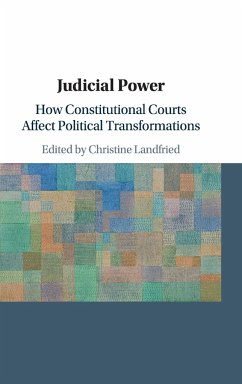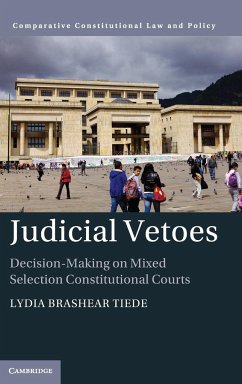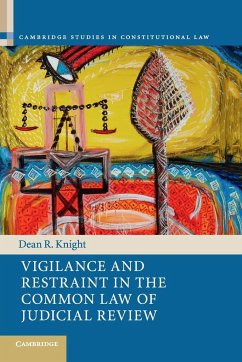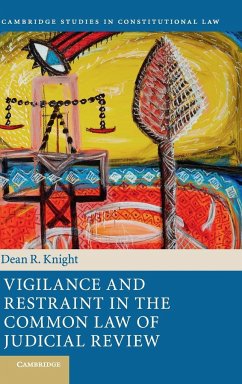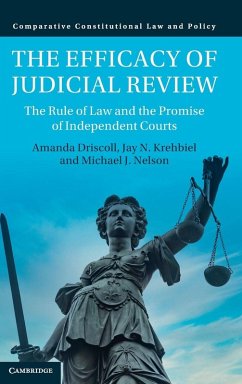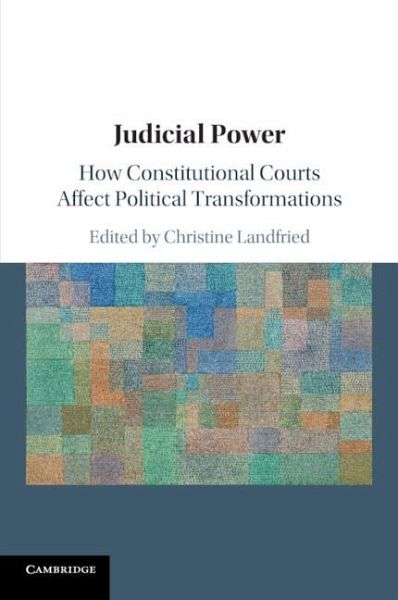
Judicial Power
Versandkostenfrei!
Versandfertig in 1-2 Wochen
47,99 €
inkl. MwSt.

PAYBACK Punkte
24 °P sammeln!
Featuring works by scholars and practitioners, this book offers an exciting analysis of the power of national and transnational constitutional courts. In times of rising populism, the authors examine the conditions under which constitutional courts can be a resource for democratic governance. Of interest to students, researchers, and practitioners.





